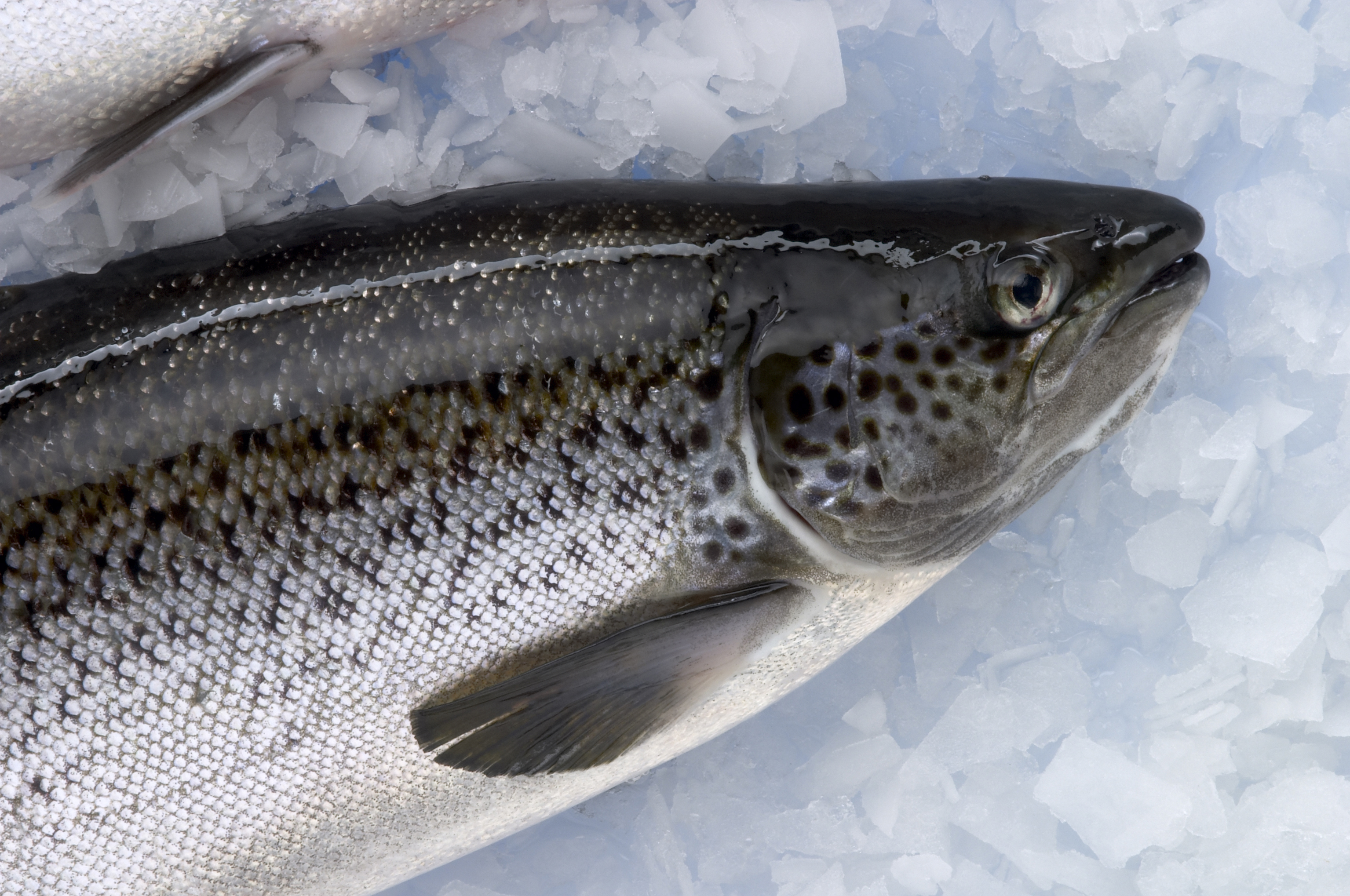
Brave New World: FDA Approves First Genetically Engineered Animal for Human Consumption, and Still No Label
It’s been a whirlwind month of GMO developments, and health-conscious consumers, GMO labeling proponents, fishermen, non-GMO food producers and others are resting a bit uneasy as the nation heads into the year-end holiday season.
First, without requiring any labeling and insisting that it’s safe, the Food and Drug Administration (FDA) on November 19 approved the world’s first genetically engineered animal for human consumption – the AquAdvantage salmon, produced by AquaBounty Technologies in Waltham, MA.
November 24, 2015 | Source: Compass Natural Marketing | by Steven Hoffman
It’s been a whirlwind month of GMO developments, and health-conscious consumers, GMO labeling proponents, fishermen, non-GMO food producers and others are resting a bit uneasy as the nation heads into the year-end holiday season.
First, without requiring any labeling and insisting that it’s safe, the Food and Drug Administration (FDA) on November 19 approved the world’s first genetically engineered animal for human consumption – the AquAdvantage salmon, produced by AquaBounty Technologies in Waltham, MA.
Saying that it “rigorously evaluated extensive data submitted by the manufacturer…and other peer reviewed data,” FDA concluded, “there are no biologically relevant differences in the nutritional profile of AquAdvantage salmon compared to that of other farm-raised Atlantic salmon.” The GE salmon is expected to enter the market, including restaurants and retail stores, in about two years, reported ABC News.
Saying No to “Non-GMO”
On the same day, FDA also announced it is not in favor of the term “non-GMO,” used by hundreds of companies on tens of thousands of product labels. In guidelines published for voluntary labeling of food from genetically engineered sources, FDA said “GMO” conveys an overly broad and inaccurate meaning when applied to food products. “Most foods do not contain entire organisms,” the agency said.
FDA indicated it would prefer food labels to say “Not bioengineered,” or “This oil is made from soybeans that were not genetically engineered,” reported the New York Times on November 20. The Times also reported that FDA remains opposed to mandatory disclosure of genetically modified ingredients on food labels.
Consumers want to know, however. Driven by market demand, the Non-GMO Project Verified seal is the fastest growing seal in the natural products channel. In 2015, 34,000 products representing $13.5 billion in annual sales featured the Non-GMO Project Verified seal on the label, reported the Non-GMO Project. Additionally, the market for certified organic products, where GMOs are prohibited, grew 11% to $39 billion in annual sales, Organic Trade Association reported in April 2015. And, in a June 2015 ABC News poll, an overwhelming 93% of U.S. consumers said the federal government should require labels on food saying whether it’s been genetically modified or “bio-engineered” (the poll used both phrases). “Such near-unanimity in public opinion is rare,” ABC News said.
